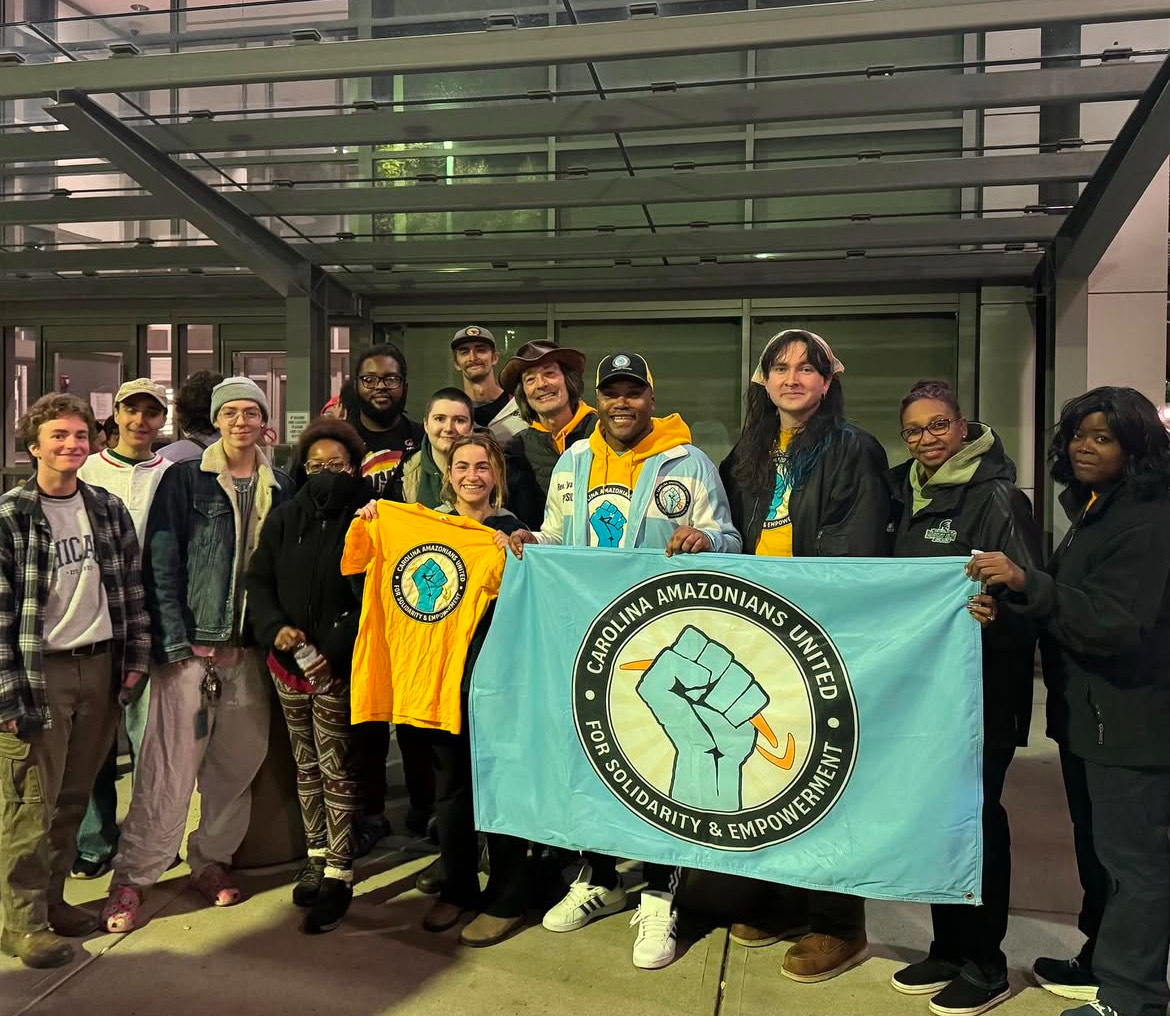The houses on Moonachie’s East Joseph Street were gutted yesterday, their contents spewed along the sidewalks and curbs. Items once valuable in residents’ lives and homes—car seats; kitchen appliances; children’s toys—were now thrown into the streets as trash.
Paul DeRobertis, 29, surveyed the destruction stacked on his driveway.
“I have nothing,” he said. “All my furniture is just out here.”
Moonachie’s residents attest that the town has not flooded for as long as they can remember. So when Hurricane Sandy struck on October 29, causing waters to burst through a nearby levee, nobody in the small New Jersey town had flood insurance. Now, their homes and businesses destroyed by water damage, they are struggling—both emotionally and financially—to put their lives back together.
DeRobertis, who lives in a first-floor apartment, described the shock he experienced when Sandy’s waters inundated his home.
“It was crazy. It was like Titanic,” DeRobertis said. “I was in my living room and I just noticed there was an inch of water on the floor. I looked outside and there was two feet of water on the exterior. I could see the line against my glass door. It started gushing in from under the back door and through the garage.”
Fran Imbriaco, 60, another resident of East Joseph Street, could hardly comprehend what she was seeing when the waters surged down her street.
“We were sleeping, and I heard all these cars beeping, you know, the electronics were going off, and I looked outside, and all I could see was nothing,” she said. “I thought it was fog, but it was water, and it was above the cars.”
From her second-story bedroom, Imbriaco and her husband Tony, 65, had no idea that the water was not just in the street.
“We ran downstairs, and there was water all over,” she said.
The flood left Imbriaco with a first floor that was nothing but a shell of her former home. The drywall was ruined and wooden support beams stood exposed. All that remained of the large kitchen were a few cabinets on the wall; the appliances, countertops, and furniture lay discarded in the driveway due to mold growth. The bathroom no longer had a working sink or walls.
“All we want to do is just fix it up, and start living a little bit, like we used to,” Imbriaco said. “Right now we have no intention of doing anything other than rebuilding downstairs.”
But that might not be as easy as Imbriaco would like. Though she received donations of food and water from friends and family, she said that the Red Cross, the National Guard and FEMA were providing minimal aid in terms of manpower, finances, and supplies.
“FEMA hasn’t been here, nobody’s been here to help us, other than food and water,” she said. “It’s just my husband and I doing everything. We have no help from any Red Cross or the National Guard, every time they came here, they told me, ‘Sorry, we’re empty. Sorry, the trucks are empty.’ So we never got anything.”
Imbriaco does not know how she will overcome the financial obstacle of putting her life back together.
“We have insurance, but it doesn’t cover the flood, because this is not a flood area,” she said. “We don’t have the money. That’s the bottom line. We have no help.”
And along the town’s main drag, Moonachie’s business owners were faring no better than homeowners. Shanti Panchal, 59, is the owner of Moonachie’s Quik Mart, at the corner of East Joseph Street and Moonachie Avenue. His shop—including thousands of dollars’ worth of unsold merchandise and electronics—was destroyed by Sandy’s floodwaters.
The destruction took a heavy emotional toll on Panchal, who immigrated to the United States from India 12 years ago.
“I have worked my 59 years of age,” he said. “Now it feels like I am new in America and with nothing again.”
Having lost his entire store—and his livelihood—to the storm, Panchal does not know how to move forward.
“I am a highly educated man,” he said. “I have three Masters degrees, three college graduations. I have written books about management, but I am a stupid guy here. Right now, against mother nature, I am stupid.”
Though Panchal is struggling to get assistance from FEMA to rebuild his business—they say they are giving priority to homeowners—he is pleased to be receiving their help for his house, which was also severely damaged by the flood. Regardless, his family is still suffering emotionally.
“We feel like crying,” he said. “When we are alone, we cry. In my house, everything is gone. We have no water, no gas for cooking—nothing. Today we went over to my brother-in-law’s house and took showers, so it is really hard—especially because I have two daughters, and I have my wife. I feel like I have to give them help, emotional help. They are crying, crying. It is very tough, very tough, very tough.”


Comments
[…] For original story and picture slideshow, please visit:https://pavementpieces.com/sandys-wrath-leaves-a-small-new-jersey-town-in-ruins/ […]